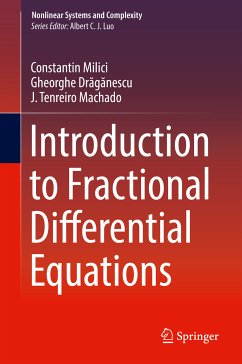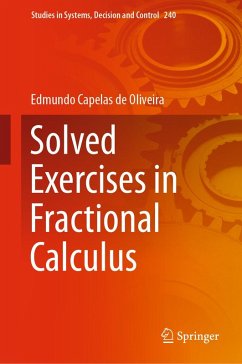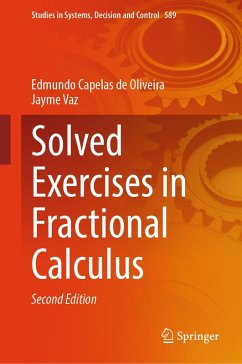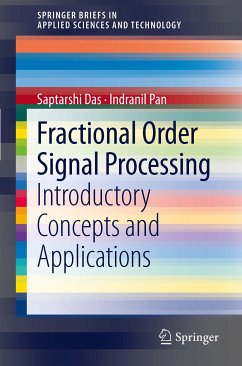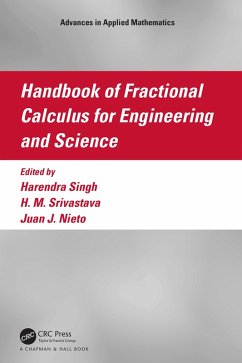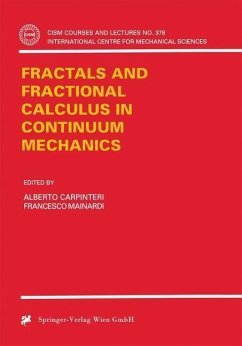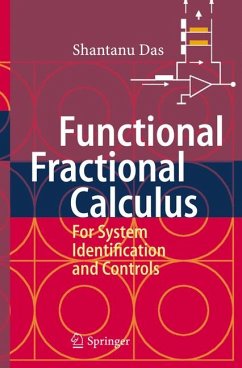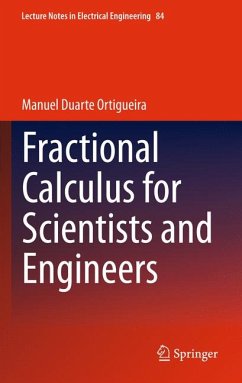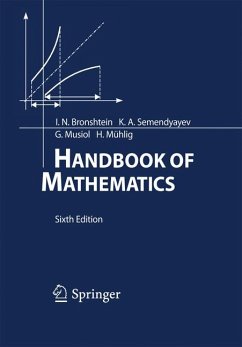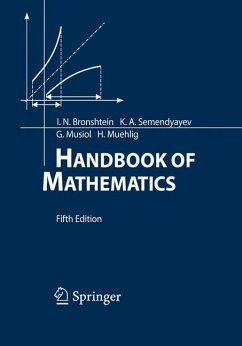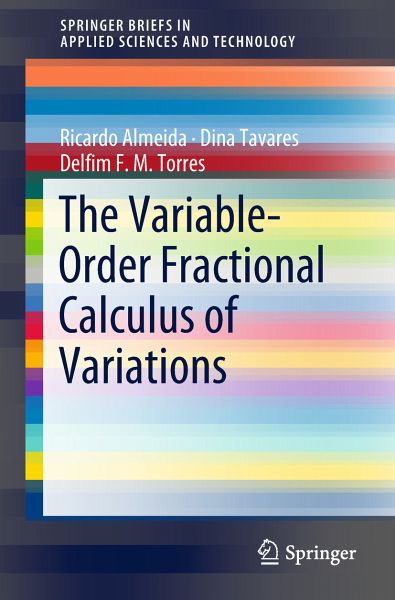
The Variable-Order Fractional Calculus of Variations (eBook, PDF)
Versandkostenfrei!
Sofort per Download lieferbar
40,95 €
inkl. MwSt.
Weitere Ausgaben:

PAYBACK Punkte
20 °P sammeln!
¿The Variable-Order Fractional Calculus of Variations is devoted to the study of fractional operators with variable order and, in particular, variational problems involving variable-order operators. This brief presents a new numerical tool for the solution of differential equations involving Caputo derivatives of fractional variable order. Three Caputo-type fractional operators are considered, and for each one, an approximation formula is obtained in terms of standard (integer-order) derivatives only. Estimations for the error of the approximations are also provided. The contributors conside...
¿The Variable-Order Fractional Calculus of Variations is devoted to the study of fractional operators with variable order and, in particular, variational problems involving variable-order operators. This brief presents a new numerical tool for the solution of differential equations involving Caputo derivatives of fractional variable order. Three Caputo-type fractional operators are considered, and for each one, an approximation formula is obtained in terms of standard (integer-order) derivatives only. Estimations for the error of the approximations are also provided.
The contributors consider variational problems that may be subject to one or more constraints, where the functional depends on a combined Caputo derivative of variable fractional order. In particular, they establish necessary optimality conditions of Euler-Lagrange type. As the terminal point in the cost integral is free, as is the terminal state, transversality conditions are also obtained.
The Variable-Order Fractional Calculus of Variations is a valuable source of information for researchers in mathematics, physics, engineering, control and optimization; it provides both analytical and numerical methods to deal with variational problems. It is also of interest to academics and postgraduates in these fields, as it solves multiple variational problems subject to one or more constraints in a single brief.
Dieser Download kann aus rechtlichen Gründen nur mit Rechnungsadresse in A, B, BG, CY, CZ, D, DK, EW, E, FIN, F, GR, HR, H, IRL, I, LT, L, LR, M, NL, PL, P, R, S, SLO, SK ausgeliefert werden.
Alle Preise in Euro und inkl. der gesetzl. MwSt. | Innerhalb Deutschlands liefern wir preisgebundene Bücher versandkostenfrei. Weitere Informationen: bitte hier klicken
Support
Bitte wähle dein Anliegen aus:
Rechnungen
Bestellstatus
Retourenschein
Storno



